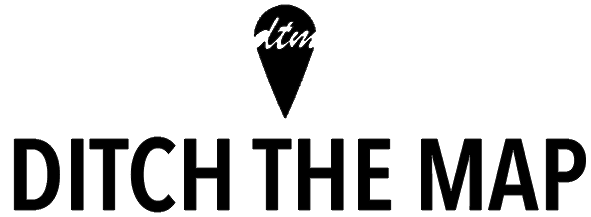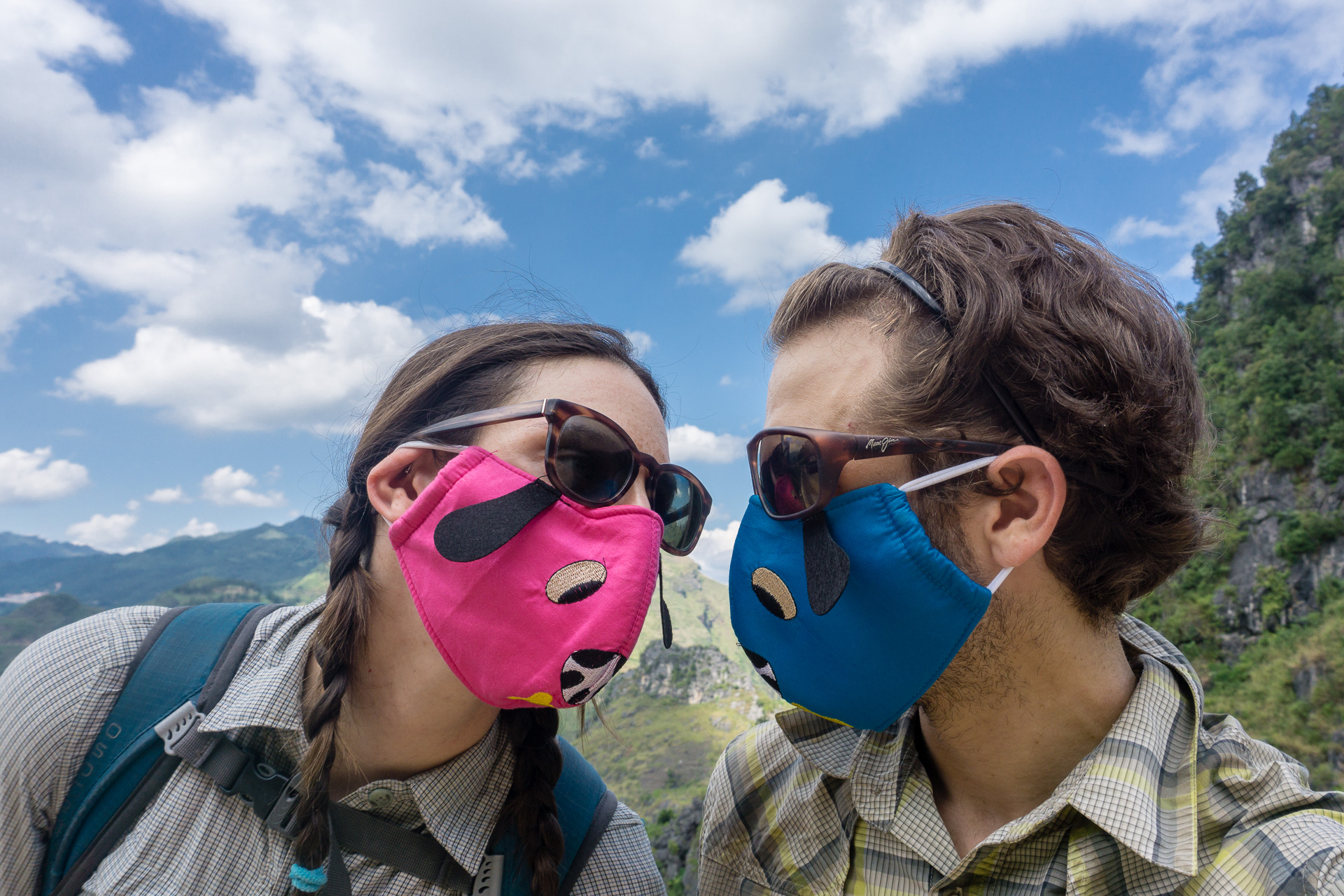From Traveling Together to Tutoring Together
/Sylvie and Scott, Tutors Trained by OAE
An excerpt from the article: "Couples Share Volunteer Experience for Valentine’s Day"
After traveling for 16 months, Sylvie and Scott decided it was time to make a difference in their community. Travel had put things into perspective for them.
“When we returned, we wanted to find a way to spend our time that felt meaningful. We had volunteered while traveling, but wanted to find an opportunity to give back in our own community,” said Sylvie.
The two took a volunteer training with OAE and from there they reviewed their possible placements.
Overlooking the quaint town of Cesky Krumlov, Czech republic
Scott has a background in engineering and tutored a GED® math and science class, while Sylvie has a background in education and tutored early reading. The two got the chance to teach a class together and are now able to combine their skills and create a more confident teaching strategy.
“We support and help each other. We have different perspectives and teaching styles which helps us to present information in different ways. Our teaching and preparation styles complement each other well,” Sylvie explains.
They tutor up to eight students a week during their literacy class.
The two make it work by setting aside time to plan together and talk about new class ideas.
“We set goals for the class and get to work toward those goals together. We now find ourselves very interested in exploring the ideas of educational systems and educational philosophies—it’s fun to discuss and debate our ideas together,” she said.
Scott finds that volunteering has allowed him to stop putting people into ‘boxes’ and has learned to enjoy celebrating his students’ joy in their education.
“We humans come from all walks of life and we categorize and place things and ideas into various ‘boxes.’ I implore you to empty out all the boxes you have packed in your lifetime and take a good look at everything that is in front of you. Once I did this it was hard to see why I wouldn’t want to help people that are ‘like me.’ They may look, speak and act differently but once I stopped labeling I saw peers that needed, and more importantly wanted, help to better themselves.”
Click here to read the entire article



